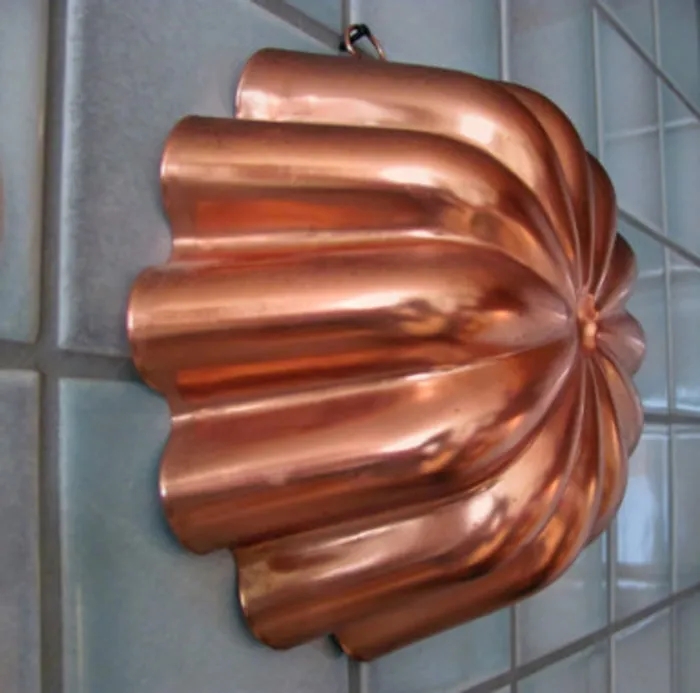Copper sinks

Copper fell to its lowest in nearly two weeks on Monday on the view that industrial demand will weaken going into next year, with Europe's move towards deeper economic integration seen as insufficient to deal a final blow to the region's debt crisis.
The downbeat view on Europe's demand prospects more than offset upbeat data from top consumer China, where imports of copper, used in power and construction, reached their highest level since March 2010.
“You've got the US slowing, Europe slowing, China holding up but slowing as well, that takes the upward pressure (for metals) away at the moment,” said BofA Merrill-Lynch analyst Michael Widmer.
He added that while Europe had taken steps towards resolving the debt crisis, the agreement: “Won't bite in the next couple of weeks. It's a longer term issue that has to be resolved and that's holding back some of the cyclical metals.”
Three-month copper on the London Metal Exchange edged down 2.24 percent to $7,640 a tonne from $7,815 by 12:06 SA time. The red metal earlier hit a low of $7,617.25 a tonne, its weakest point since November 30.
Investors were wary after Friday's European Union summit agreed to stronger fiscal union and up to 200 billion euros in loans to the International Monetary Fund, but capped the zone's bailout fund and failed to give it a banking licence.
Also weighing on sentiment in risk assets, there was still no sign the European Central Bank was ready to increase its bond buying programme to the levels investors say are needed to quell the crisis.
But helping stem falls in metals, preliminary data from China showed on Saturday that copper imports rose 17.9 percent in November to 452,022 tonnes, with buyers taking advantage of cheaper prices.
“Despite the macro economic uncertainty, Chinese consumers are using temporary price dips to step up purchases. Falling domestic inventories additionally emphasise the current tightness in physical metals markets,” Credit Suisse said in a note.
“This should bode well for the sector's medium-term prospects. Near-term, however, metals are likely to remain vulnerable to negative news from other major metals consuming regions such as Europe or the USA.”
Concern that China's economic expansion may falter as Europe's debt crisis spreads has driven London copper prices down by 20 percent this year, snapping a sequence of two annual gains.
The latest Reuters poll showed that economists expect China's economy to grow by 8.6 percent in 2012, after an estimated expansion of more than 9 percent this year, knocking risk appetite.
On the plus-side though, copper supplies might fall going forward as an Indonesian workers' union plans to extend a three-month strike at Freeport McMoRan Copper & Gold's Grasberg mine until Jan. 15. Grasberg is the world's second-largest copper mine.
In other metals traded, soldering metal tin fell 2 percent to $19,845 a tonne from $20,250, zinc, used in galvanising fell 1.8 percent to $1,968 from $2,003, while aluminium dropped 1.48 percent to $2,033 from $2,065.
Latest LME data showed aluminium stocks hit a record 4.72 million tonnes as a souring economic outlook crimped demand and as tighter credit conditions in Europe spurred holders of the metal to sell their stock for cash.
Battery material lead fell 2.12 percent to $2,119 from $2,165, while stainless-steel ingredient nickel dipped 0.77 percent to $18,160 from $18,300, having outperformed all other metals last week with a gain of 5.7 percent.
Investors have taken heed of talk that nickel pig iron producers in China are cutting output as they struggle to make profits at current price levels, meaning smelters will be forced to buy more refined nickel for feed. - Reuters